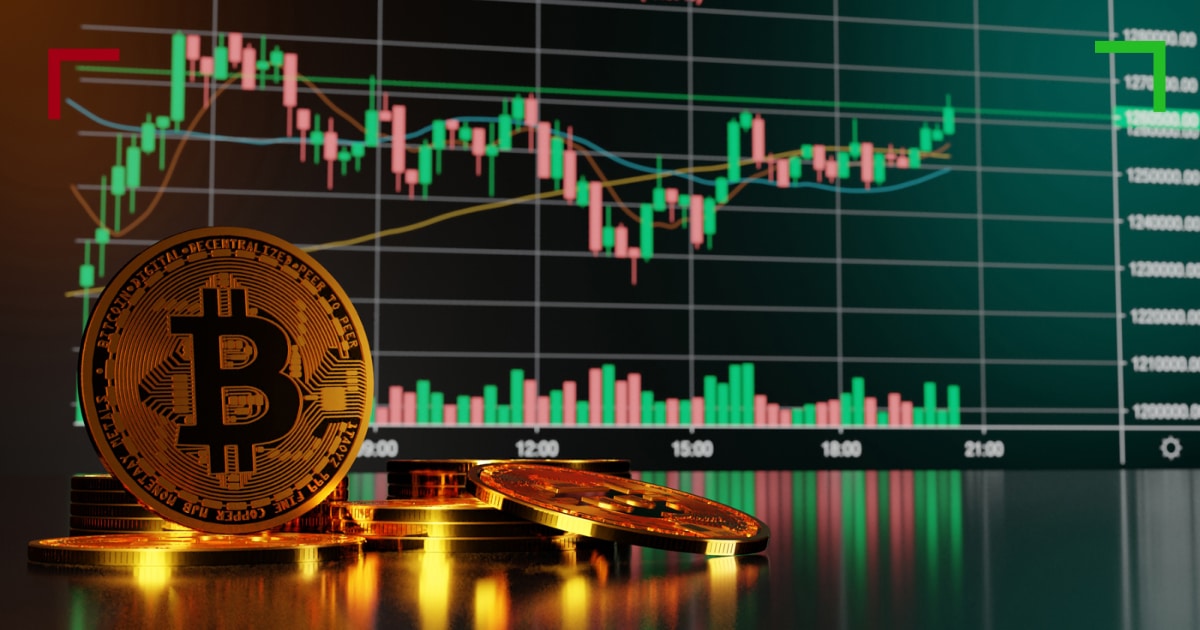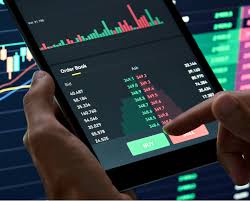
Emerging Crypto Trading Trends: Insights and Predictions
The world of cryptocurrency trading continues to transform at a breakneck pace, influenced by technological advancements, regulatory developments, and shifts in investor sentiment. As market behavior evolves, Crypto Trading Trends visit website understanding the latest trends becomes paramount for traders and investors looking to navigate this volatile landscape. In this article, we will outline the key trends shaping crypto trading today and offer insights into what the future may hold.
1. The Rise of Decentralized Finance (DeFi)
One of the most significant trends in the crypto space is the rise of Decentralized Finance (DeFi). DeFi refers to the use of blockchain technology and cryptocurrencies to recreate traditional financial systems, such as banking and trading, in a decentralized environment. This emergence has led to increased accessibility for users globally, allowing them to lend, borrow, trade, and earn interest on their crypto assets without the need for intermediaries.
Traders are now incentivized to explore DeFi platforms due to the high yields and innovative products that these platforms offer. Many DeFi protocols enable liquidity pools and staking options that provide users with opportunities to earn passive income, making them an attractive alternative to traditional savings accounts.
2. Institutional Adoption
Institutional interest in cryptocurrencies has surged in recent years, resulting in significant capital inflow into the market. Large financial institutions, hedge funds, and publicly traded companies are beginning to adopt cryptocurrencies as legitimate investment assets. This shift has not only bolstered the legitimacy of crypto in the eyes of retail investors but has also stimulated market stability.
As institutions continue to embrace cryptocurrency, they often bring with them advanced trading strategies and risk management practices that further influence trading trends. The increasing involvement of institutional investors may lead to more sophisticated trading platforms and a broader acceptance of digital assets on mainstream financial markets.
3. Automated Trading and Artificial Intelligence
The advent of technology has led to the rise of automated trading systems and the integration of artificial intelligence (AI) within crypto trading. These tools allow traders to execute trades based on predefined criteria without constant human intervention. They analyze market data, recognize patterns, and can execute trades at lightning speed, granting traders a significant advantage in a fast-paced environment.
Moreover, AI-driven algorithms are increasingly used to predict price movements and market trends, providing traders with in-depth insights that can inform their strategies. As automated trading solutions become more sophisticated, they are likely to dominate the trading landscape and shape trading behaviors significantly.
4. The Impact of Regulation
Regulatory developments have a profound impact on the cryptocurrency market. Countries worldwide are grappling with how to regulate the crypto sector, leading to diverse approaches. Some jurisdictions are embracing cryptocurrencies and blockchain technology, providing a conducive environment for innovation, while others are implementing stringent regulations that may hinder growth.
Regulatory clarity boosts investor confidence and facilitates the entry of institutional players into the market. However, sudden regulatory changes can also lead to market volatility, making it essential for traders to stay informed about the evolving regulatory landscape. Understanding the potential implications of regulations is crucial for making informed trading decisions.

5. Environmental Concerns and Sustainability
As awareness of environmental issues grows, there is increasing scrutiny on the energy consumption associated with cryptocurrency trading and mining activities. The environmental impact of proof-of-work blockchains, such as Bitcoin, has led to calls for more sustainable practices within the crypto industry.
Several projects are now focusing on developing greener alternatives, including proof-of-stake mechanisms and eco-friendly mining solutions. Investors and traders are beginning to prioritize cryptocurrencies that demonstrate sustainability, influencing market trends and encouraging projects to adopt more environmentally friendly practices.
6. Non-Fungible Tokens (NFTs) and their Role in Trading
Non-Fungible Tokens (NFTs) have recently gained popularity, capturing the attention of artists, collectors, and traders worldwide. These unique digital assets have transformed the concept of ownership, enabling individuals to buy, sell, and trade digital art, collectibles, and more.
As the NFT space continues to grow, trading platforms are emerging that facilitate the buying and selling of these assets. Traders are exploiting the burgeoning NFT market for profit, leading to trends that challenge traditional trading paradigms. The integration of NFTs with DeFi could further enhance liquidity and utility, ultimately shaping new trading trends.
7. Market Volatility and Emotional Trading
The cryptocurrency market is known for its volatility, which poses both risks and opportunities for traders. Rapid price fluctuations can trigger emotional trading behaviors, leading to impulsive decisions that may not align with a trader’s strategy. Understanding market psychology is essential to navigate this challenge.
Traders must develop robust risk management strategies, including setting stop-loss orders and diversifying their portfolios, to mitigate the impact of volatility. Moreover, cultivating emotional discipline can help traders remain calm and focused, improving their chances of success in a tumultuous market.
8. The Future of Crypto Trading
As we look to the future, several trends are expected to shape the landscape of crypto trading. The continued advancement of blockchain technology could bring forth new trading solutions that enhance security, speed, and efficiency. Moreover, the integration of cryptocurrencies into everyday transactions may lead to increased adoption and usage.
Furthermore, as more traders enter the market, educating and informing them will be crucial. The growing demand for learning resources, tools, and platforms will drive innovation in the crypto space, enabling traders to make well-informed decisions.
Conclusion
The crypto trading landscape is characterized by its dynamic nature, heavily influenced by technological advancements, institutional involvement, regulatory changes, and market psychology. Staying abreast of the latest crypto trading trends is essential for traders aiming to navigate this complex and ever-evolving market. By embracing new technologies, understanding market dynamics, and adapting to changing conditions, traders can position themselves for success in the exciting world of cryptocurrency trading.